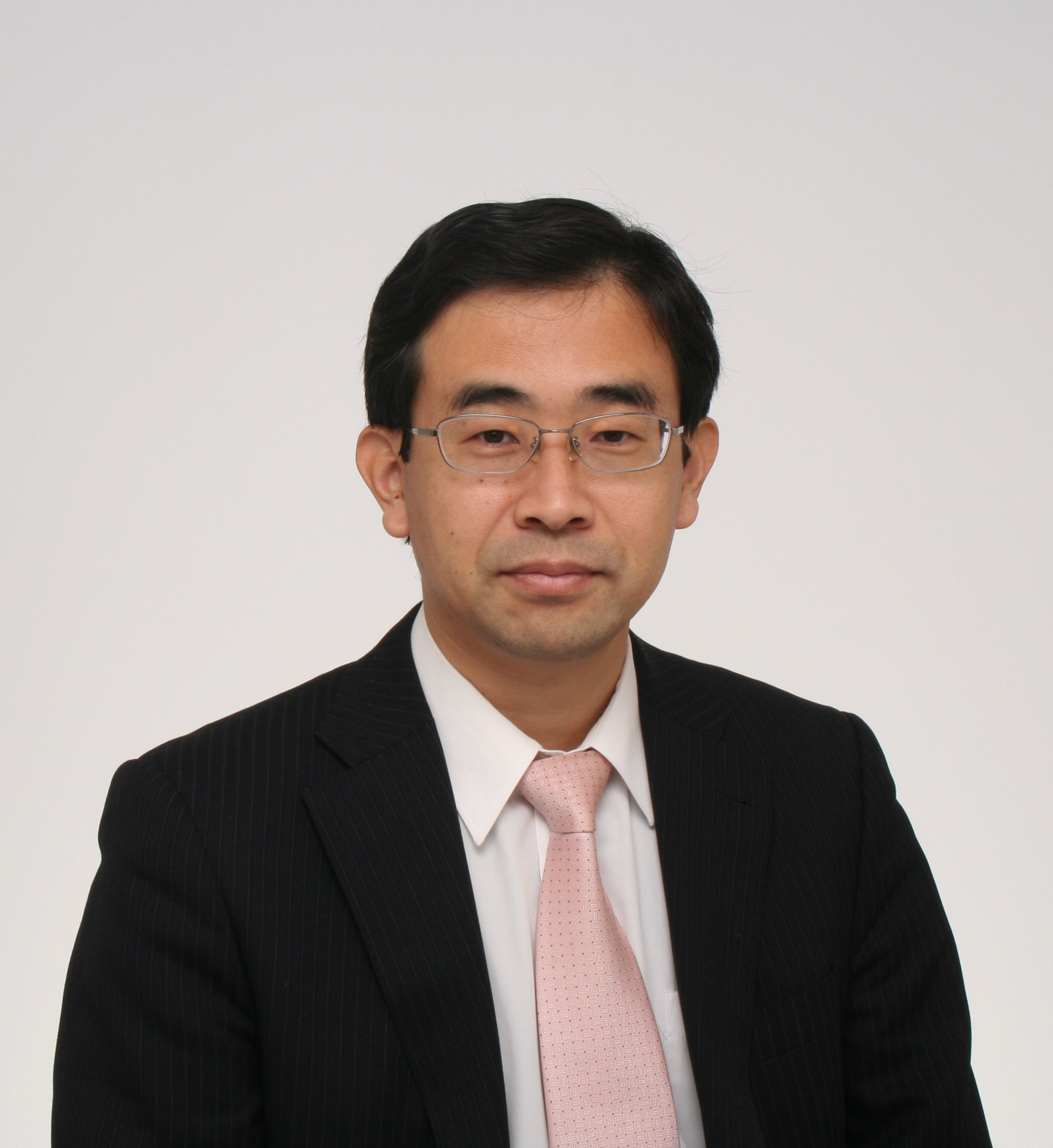 Hiroyuki Akinaga (Senior Member, IEEE) received the B.E., M.E., and Ph.D. degrees from the University of Tsukuba, Ibaraki, Japan, in 1987, 1989, and 1992, respectively. He worked at the National Institute of Advanced Industrial Science and Technology (AIST) from 1992 to 2025, including as director of the Nano Device Center. He is currently a professor at the Faculty of Information Science and Technology, Hokkaido University. He is co-leader of the Beyond CMOS Working Group (WG) at International Roadmap for Devices and Systems (IRDS), Japanese leader of the research field of energy harvesting at More-than-Moore WG, and a strategic committee member at WG of Environment, Health, Safety and Sustainability (ESHS). He has been serving as a convenor at International Electrotechnical Commission (IEC), TC113 (Nanotechnology for electrotechnical products and systems), WG7 (Reliability) and WG13 (Wafer-Scale System Integration). He is a fellow of Japan Society of Applied Physics. His current interests include nanoelectronics and open innovation platforms.
Hiroyuki Akinaga (Senior Member, IEEE) received the B.E., M.E., and Ph.D. degrees from the University of Tsukuba, Ibaraki, Japan, in 1987, 1989, and 1992, respectively. He worked at the National Institute of Advanced Industrial Science and Technology (AIST) from 1992 to 2025, including as director of the Nano Device Center. He is currently a professor at the Faculty of Information Science and Technology, Hokkaido University. He is co-leader of the Beyond CMOS Working Group (WG) at International Roadmap for Devices and Systems (IRDS), Japanese leader of the research field of energy harvesting at More-than-Moore WG, and a strategic committee member at WG of Environment, Health, Safety and Sustainability (ESHS). He has been serving as a convenor at International Electrotechnical Commission (IEC), TC113 (Nanotechnology for electrotechnical products and systems), WG7 (Reliability) and WG13 (Wafer-Scale System Integration). He is a fellow of Japan Society of Applied Physics. His current interests include nanoelectronics and open innovation platforms.
Abstract:
Standardization to promote international cooperation in nanoelectronics
As a long-term expert-driven mechanism for international research cooperation, I would like to introduce the activities of roadmapping and standardization. These cooperations act as both wings of a bird to promote research and development. The international standardization activities in International Electrotechnical Commission (IEC) Technical committee (TC) 113 (Nanotechnology for electrotechnical products and systems) are shown as the practical example and evaluated in comparing to the international roadmap activities. On the other hand, from the perspective of roadmapping, I would like to introduce the concept of “Green material”, which maintains sustainability in semiconductor manufacturing, and discuss the role of international standardization in advancing sustainable practices [1].
[1] A. Ueda, H. Akinaga, S. Agarwal, J. A Hagmann, S. Das, M. J Marinella and A. Chen, “Green materials in semiconductors: perspective from the IRDS beyond-CMOS roadmap”, Nanotechnology 36, 142001 (2025),
https://iopscience.iop.org/article/10.1088/1361-6528/adb041.
Download his presentation here
![]()